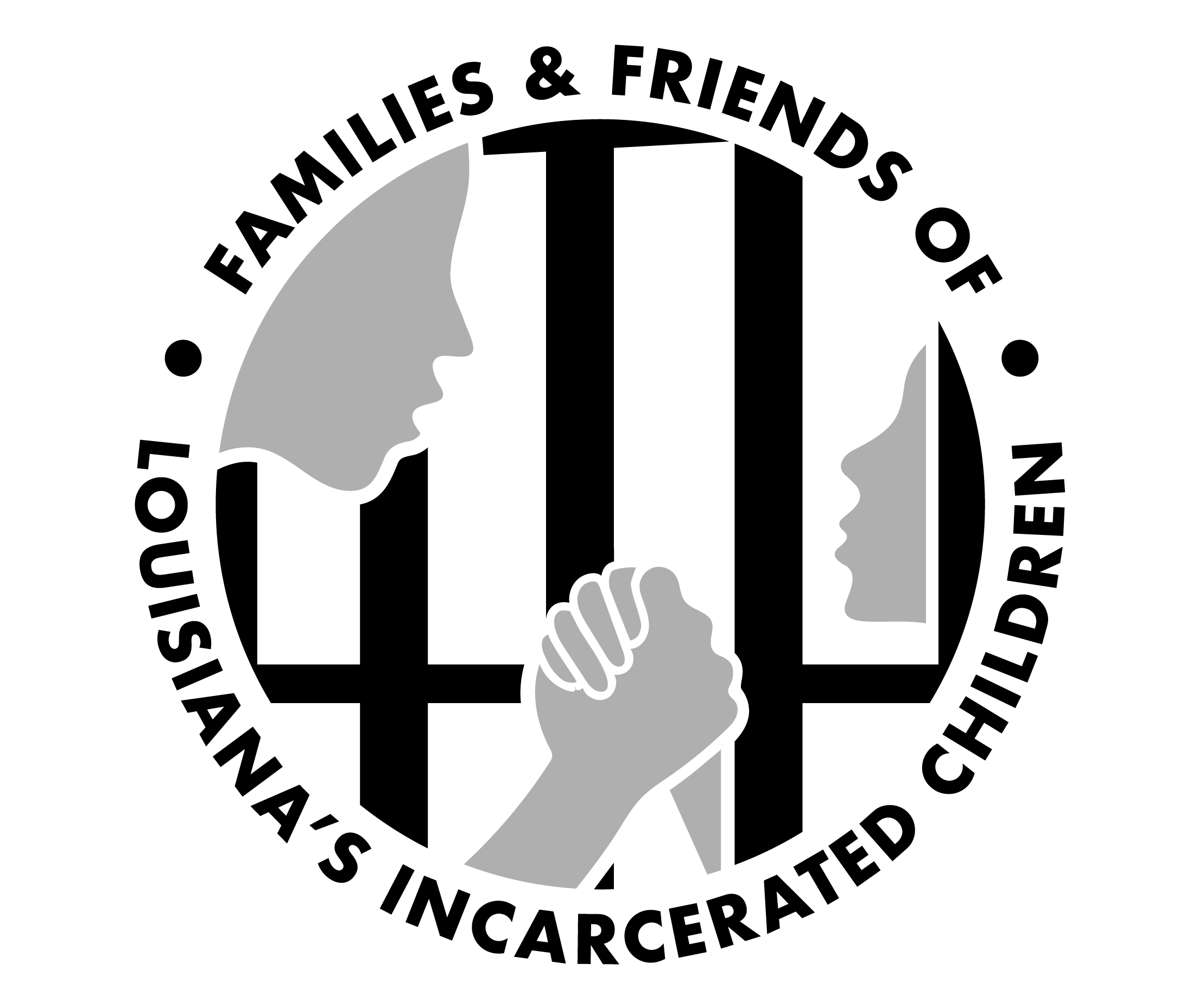Gina Womack, the Executive Director of Families and Friends of Louisiana’s Incarcerated Children (FFLIC), today issued the following public statement to the New Orleans City Council in response to their meeting about rising crime:
While our policymakers and public safety officials argue and point fingers at each other and blame youth and families for the recent rise in crime, our organization, Families and Friends of Louisiana’s Incarcerated Children (FFLIC) is calling upon them to do something different.
To create safe communities and support youth, we are urging leaders to utilize the blueprints for youth justice that already exist and which they have for decades failed to follow: Act 555 of 2004 and Act 1225 of 2003. Act 555 of 2004 created local Children, Youth and Planning Boards and requires all child-serving agencies to sit at a table to coordinate services, assess current services and recommend needed services for our youth in order to support youth, prevent criminal involvement, and implement alternatives to incarceration. The Mayor’s Office of Criminal Justice Coordination, NOPD, New Orleans District Attorney’s Office and the Juvenile Justice Intervention Center all have seats at the table; along with other youth justice stakeholders– including community members. The CYPBs and these leaders must work with the Juvenile Justice Reform Act Implementation Commission (JJRAIC), which was created by Act 1225 to support the state and localities in addressing youth crime through a holistic and comprehensive approach. It has been a huge disservice to our community that our leaders have not yet fully honored or committed to these laws.
As a result, Louisiana continues to rank 49th in education and last in the economic well-being of its children. The solution to rising crime is not more police or more prisons or stronger sentencing; the solution is stronger and more equitable communities. FFLIC has a three-point platform focused on mental health, education, and poverty. The systems we need that we know work are: having a living wage for workers, trauma-informed schools without zero tolerance policies and culturally competent curriculum, access to healthcare and mental healthcare, affordable housing, and other investments into communities.
Each of our leaders should look in the mirror and ask what they can do to support our youth and families during these troubled times. We understand that our communities are frightened, however, there is little attention being paid to the underlying causes of these violent crimes, which are still in an overall downward trend. People in Louisiana are still suffering from a pandemic that causes economic fallout and the loss of social ties that mitigate crime,
Our leaders need to stop trying to pass the buck and take responsibility for investing in the solutions we know work!



